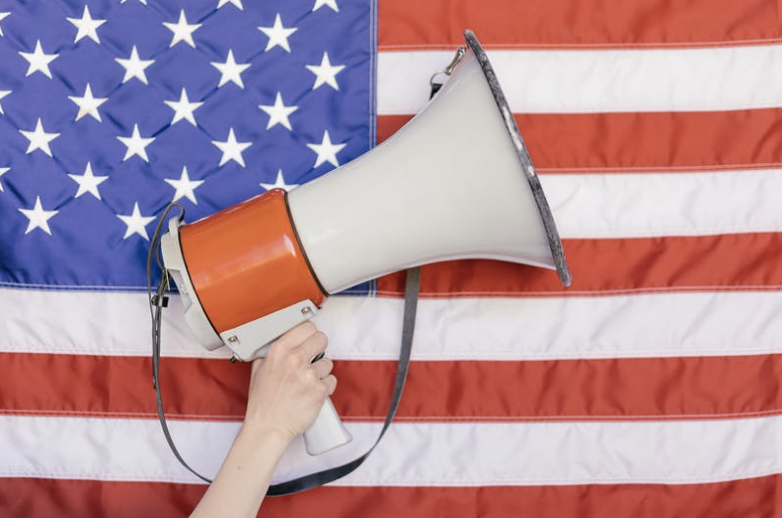By Katie Geren
Female genital cutting (FGC) is a global issue. It happens in many countries, including the United States, though that is not often common knowledge here. I learned about FGC for the first time in one of my college communication classes, and was surprised I had never heard of the practice before. I wanted to help those affected by it, but I felt unsure if I could have an impact on this issue. I was just one person, how could I help? I felt a heavy weight that day. When I found Sahiyo, I knew that ending FGC was important work that I wanted to contribute to. The community helped me realize that while I am just one person, there is a lot I can do to support other women. I felt determined to advocate for survivor’s rights. Yet, I was doubtful about my ability to cope with learning more about FGC.
Once I started my internship with the Social Media team, I found the opposite to be true. I was empowered and inspired by the women at Sahiyo who had the courage to share their stories and uplift others. I think it is understandable that people have reservations about this topic; it can be uncomfortable. Even Americans who have heard about FGC may be unsure how to talk about it or how they can help end the practice.
It has been proven that more education and knowledge shared about this practice leads to a greater chance of the FGC being prevented from continuing. Learning this, I wondered about how Americans can learn more about FGC and help organizations like Sahiyo to end it.
Using social media to distribute information brings attention to FGC.
Sharing accurate information, like the resources created by Sahiyo, helps to educate the public while prioritizing culturally sensitive and inclusive framing of the practice. Anti-FGC support from our leaders and healthcare professionals helps tremendously to change social norms and influence communities. As a Social Media intern at Sahiyo, a huge part of my work is helping with campaigns and posts. I have seen how dedicated volunteers, interns, and staff reach out to survivors and work to end FGC, and it is amazing to see survivors of FGC inspiring each other to share their stories. There is a real passion for women’s rights and community here.
It is a step in the right direction when even a single person becomes educated on a topic.
From my experience at Sahiyo, I am able to start conversations with friends and family about FGC and what I have learned about it. This organization is amazing because survivor’s voices are encouraged and uplifted through storytelling, connection with community, and support. There is emphasis on women being able to tell their story in their own words. Americans may think that FGC is only a problem that other cultures in other countries have. By reading and listening to stories, I have learned FGC is much more widespread than I realized. It happens on every continent people live except Antarctica. It has happened here in America as well. This practice continues worldwide because of a lack of sex education and equality for women. It is challenging to accept that aspects of cultures we belong to are harmful, but it is something we should consider no matter where we grew up. Instead of dividing us, this education can show us that there are improvements we can all make to work for equality and bodily autonomy for women.
It can seem overwhelming, and at times impossible, to fight for women’s rights. Especially now, with the fight for abortion rights in America, many may feel locked in an endless battle. When we feel this way, community and support are more important than ever. It reminds us we are not alone, and that others feel this way too. Uniting with other women and allies right now is the best way to push for equality. I think it is important to educate ourselves on the issues first, and then figure out how we can all do our part. We can use tools we have, like social media, to spread information and remind each other we are in this together. It is not easy, but if we all do something small to help, we can create change.

